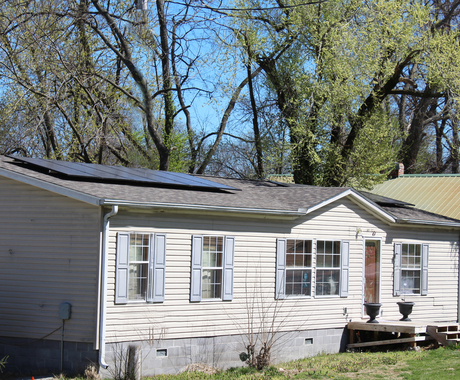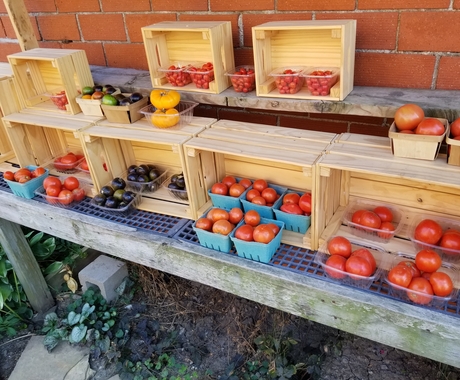By Deborah Van Fleet, Public News Service-Nebraska
There's a new resource for Nebraska communities and organizations facing environmental justice issues: the Heartland Environmental Justice Center (HEJC) at Wichita State University.
WSU received one of 17 Environmental Protection Agency grants to establish an Environmental Justice Thriving Communities Technical Assistance Center.
The HEJC's region covers Nebraska, Iowa, Kansas, Missouri and nine tribal nations.
Jeff Severin is the center's senior program manager. He said although people tend to see environmental-justice issues as an urban problem, plenty of rural Heartland communities also face environmental challenges.
He said the HEJC's involvement might involve several stages.
"That could look like just helping with an assessment to identify the major challenges that they're facing," said Severin, "what are some of the underlying causes of these challenges or threats, and then being able to identify the best funding sources to address those threats. "
Severin said their services are designed for communities, community-based organizations and nonprofits.
He said the Inflation Reduction Act and Bipartisan Infrastructure Law include "unprecedented levels" of funding for environmental-justice issues. And helping groups access these funds is a major goal of the Thriving Communities Technical Assistance Centers.
The Center for Rural Affairs is one of the HEJC's eight partners, and the only one based in Nebraska. Nebraska projects can be initiated through either organization.
Severin said smaller communities and organizations can be at a disadvantage when it comes to navigating the sometimes "burdensome" federal grant application process.
"Some of these smaller organizations are just so busy doing the actual work on the ground, or don't have staff to do this preparation and grant writing," said Severin. "And so, we're here to kind of help folks get organized and ready for that, and then help them through that process of applying for grants."
The Center for Rural Affairs Project Associate Deborah Solie pointed out that what qualifies as "environmental" can be somewhat broad.
"It could be that they're facing a brownfields issue," said Solie, "but it also could be that they're planning toward the future because they know that there are climate-related issues that they are currently facing that will be exacerbated."
Solie said Kearney, Nebraska's "food reclamation" project is one example of the different types of environmental-impact issues communities may choose to address.
"They are looking at trying to find a way to get that food to the people who need it," said Solie, "versus it going into the landfill, which then causes some significant challenges with methane gas and other issues."
Click here to listen to the interview.



